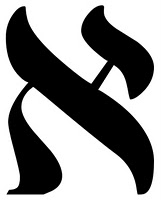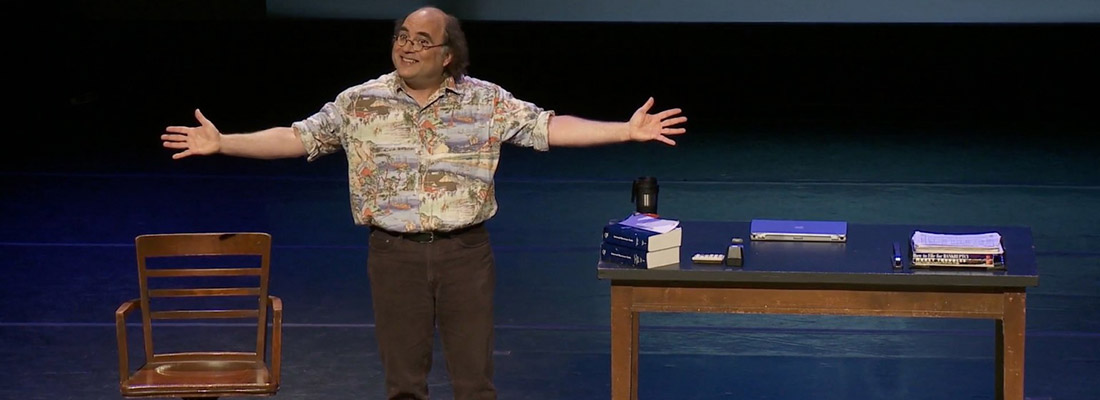 In Modern Hebrew for Beginners, a book I just bought at Afikomen Judaica in Berkeley, a footnote says:
In Modern Hebrew for Beginners, a book I just bought at Afikomen Judaica in Berkeley, a footnote says:
aleph and ayin are pronounced with a stoppage of the air flow, much like the initial sound in “oh oh.”
I once interviewed Michael Tilson Thomas, and asked him what he does in the moments before he begins conducting a piece. By way of answer, he inhaled deeply.
If I am correct in gathering that the first letter of the Hebrew alphabet has no sound at all, then that gives me some confidence that how I feel as I approach my bar mitzvah in Israel — as if suspended, momentarily breathless, between two worlds — is not inappropriate.
We think of the newborn baby’s scream as her first act outside the womb, but mustn’t she have preceded that with a deep intake of breath?
Israel was a place I was raised to hate; I am going there soon with loved ones. Who will I be once I’m there — the child I was, the man I’ve been, or something new?
My bar mitzvah parsha — the Torah portion that I will recite and respond to — concerns a zealot named Pinchas. He committed an abhorrent act of violence — and for this was rewarded, by God, with the covenant of peace. Pinchas’s actions in this story, and God’s, make me weep. The zealots of our day grind our dreams into ashes. How will we respond? How will I respond?
I was raised on ideology; I am trying to go forward, instead, in faith. This seems hard. The terrain ahead looks strange. Because it is. Because I am not there yet.
I cannot imagine myself all the way there. I must go there. I must be there.
In the meantime, I catch my breath, I say “Oh oh” — and I prepare, as best I can, to take a step forward, across the chasm between before and now, between them and us.
